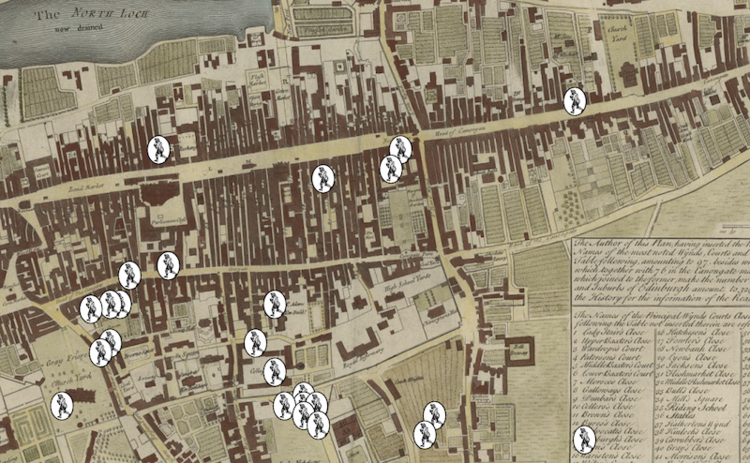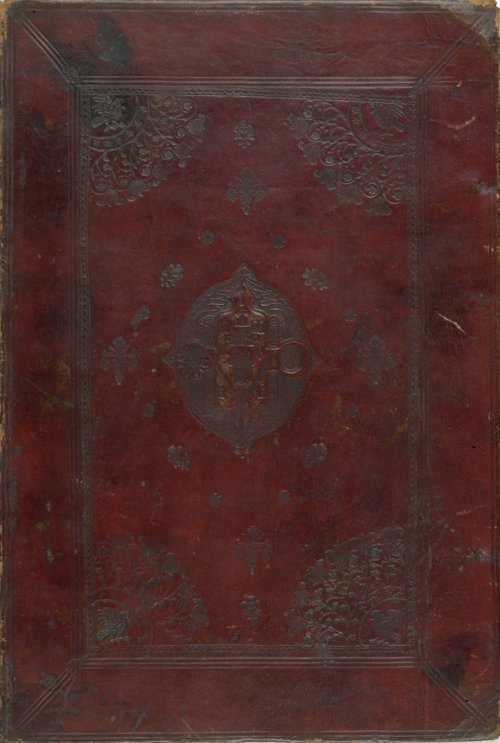Our In the Freethinker's Footsteps project has been made possible thanks to Publishing Scotland's Go-Digital Fund.
Episode Five: The Politics of Religion in 17th and 18th C Scotland (with Dr Alasdair Raffe)
In the fifth and final episode of our Freethinker’s Footsteps Podcast, Dr Alasdair Raffe, an expert on Scottish religion and politics in the 17th and 18th centuries, describes the widespread political and religious conflict in late 17th and early 18th C Scotland and explores the ways in which it impacted freethinkers like Thomas Aikenhead.
If you haven’t already listened to Episode Two of our podcast, we recommend pairing it with this episode as the two complement each other well.
The Freethinker's Footsteps podcast is a literary podcast series. In five episodes it engages with academics and artists to explore the religious, political and gender controversies of 17th C Scotland. It's inspired by Heather Richardson's historical novel Doubting Thomas, based on the strange and sad true story of Thomas Aikenhead, the last man to be executed for blasphemy in Britain.
We'd like to thank all of our contributors and listeners. If you enjoyed this podcast, you may want to check out our Think in Translation podcast. If you'd like to keep the conversation going, please email us or get in touch via Facebook or Twitter. Please scroll down for bonus tracks!
Bonus Tracks
Why Aikenhead?
One remarkable thing about the Aikenhead case is that what might have been perceived as a minor case of misspeaking became a major criminal trial. In this bonus track, Dr Alasdair Raffe details the religious and political circumstances that likely led to Aikenhead receiving a death sentence as opposed to the more common punishment of public penance and humiliation.
After Aikenhead
Young Thomas Aikenhead’s execution for blasphemy in 1697 caused controversy across the UK, with many arguing that the punishment didn’t match the crime. Still, it was not until the mid-18th C that religious tensions cooled off, making things easier for free thought. In this bonus track, Dr Alasdair Raffe describes the dissipation of the forces that contributed to Aikenhead’s execution and gives an example of another blasphemy case with a much different outcome: the case against Scottish Enlightenment thinkers Lord Kames and David Hume.
Major Religious Change
A major religious change to consider when putting Thomas Aikenhead’s case into context is the abolition of episcopacy in the Church of Scotland in 1689 and the settlement of the Presbyterian government in its place in 1690. While this change may not have hugely impacted the average churchgoer, it marked the 1690s as a period of revolutionary upheaval, in which concern for the Presbyterian church’s continuity and stability resulted in a willingness to seek out external threats, whether those be Episcopalians or freethinkers and deists. This is what Dr Alasdair Raffe discusses in this bonus track.
Crucial Controversy
In this bonus track, Dr Alasdair Raffe details how Episcopalians contributed to tensions between the Church of Scotland and King William in the 1690s. King William advocated for co-government between the two denominations, but the Presbyterian church had no interest in this. Tensions were heightened by the Jacobite cause during this period.




